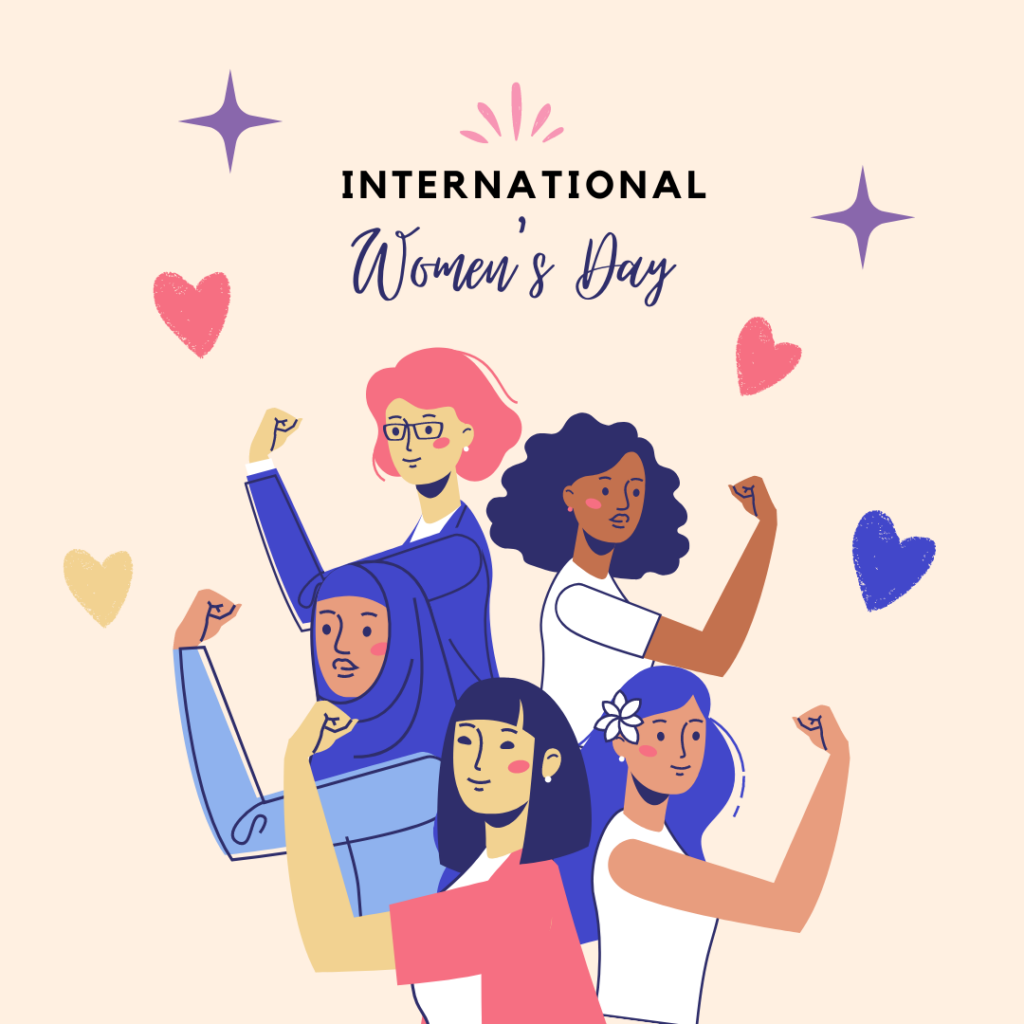Happy International Women’s Day to all the amazing leaders in my network.
As a self-proclaimed leadership geek, I like to stay on top of all the current leadership issues and opportunities that organizations face.
International Women’s Day celebrates women and is also a time to ask: Are things better for women?
Last year, we began to see signs that progress was slowing. I was particularly alarmed at the number of diversity heads. Their primary reason for stepping down was a lack of commitment and funding, as companies shifted their focus to other areas they saw as having more of a burning platform.
Then, my team and I began to see the findings from our research on leadership accountability, which revealed that women rate their experience with their organization’s leadership culture significantly lower than men on every item we measure.
So, are things improving for women?
To get an answer to this question, I asked my team for their perspectives. They either hold key leadership roles within LCI or are among our amazing, certified facilitators and coaches. Here’s what they had to say.
Confidence and Compassion: The Dual Pillars of Women's Leadership
Carole Alfieri, an LCI–certified facilitator, and coach, believes in the transformative impact of confidence and self-compassion on a woman’s leadership journey. She states, “Organizations can play a pivotal role in nurturing these qualities, often influenced by one’s upbringing. By valuing leadership development, companies do not only engage in a moral act but invest in the equitable progression of their talent.”
Inspiration from Resilient Role Models
Lauren Kowalchuk, in charge of Marketing and Sales Operations at LCI (and our newest team member), credits the influential women in her life for her leadership prowess. “The strength and resilience I’ve witnessed in my mother, advisors, and leaders paved the way for my growth. The presence of female leadership in my career fuels my optimism for future women leaders,” Lauren reflects. She emphasizes how role models are crucial in shaping the next generation of leaders.
Navigating Persistent Gender Parity Issues
Tess Reimann, Head of Certification, calls attention to the ongoing struggle for gender parity in leadership. “Despite some advancements, women still face pervasive issues such as gender bias and systemic inequalities. These barriers must be dismantled for women to advance truly,” Tess asserts, pointing out the need for systemic change.
The Power of Supportive Communities
Jenny Ma, Chief of Staff, acknowledges the role of the community in her success. “I consciously choose my circles for growth and influence, a decision that reflects on my daughters,” she says. Jenny’s approach is creating an environment that fosters leadership development and sets an example for the younger generation.
Strategic Advancement in Leadership
Dr. Salima Shamji, an LCI–certified facilitator and coach, notes a positive trend in women’s leadership, with decisions to move up becoming more strategic. “For women, it’s about the right fit at the right time, contrasting with men’s typical linear progression,” Dr. Shamji explains, highlighting women’s nuanced approach toward leadership roles.
The Journey of Evolution for Women Leaders
Audra August, another LCI-certified facilitator and coach, acknowledges progress but stresses the need for continued action. “We must keep pushing for awareness, advocacy, and dismantling unconscious bias and systemic barriers. It’s about evolving our mindsets and structures to support true inclusion,” Audra declares, calling for a holistic approach to change.
The Challenge of Returning to the Office
Bill Taylor, also an LCI-certified facilitator and coach, points out the additional pressures women face in leadership, especially when returning to the office post-pandemic. “Women must articulate their promotability and develop clear roadmaps with their management to navigate the higher performance bar set for them,” Bill advises, highlighting the need for proactive career planning.
The Finesse of Female Leadership
An LCI consultant and project leader, Rosemary Jose, elaborates on women leaders’ distinctive challenges. “Women must navigate their leadership roles with remarkable finesse because they are held to a higher standard,” Rosemary observes. She celebrates the women she’s worked with, calling them “true powerhouses” who transform their organizations with unique perspectives and demand excellence, setting high-performance standards for their teams.
Cautious Optimism or Stark Realities
The narrative from my team paints a picture of cautious optimism. While progress has been made, there’s still a considerable journey ahead. As leaders and organizations, we are accountable for fostering an environment where confidence, compassion, and community become the cornerstones of women’s leadership development.
Let us honor International Women’s Day by committing to actions that support and advance women in leadership today and every day. Start by asking yourself: are things better for women in your organizations? If they are, keep going. If not, do an honest self-assessment and determine how to improve things.
Are Things Better for Women?
Gut Check For Leaders








